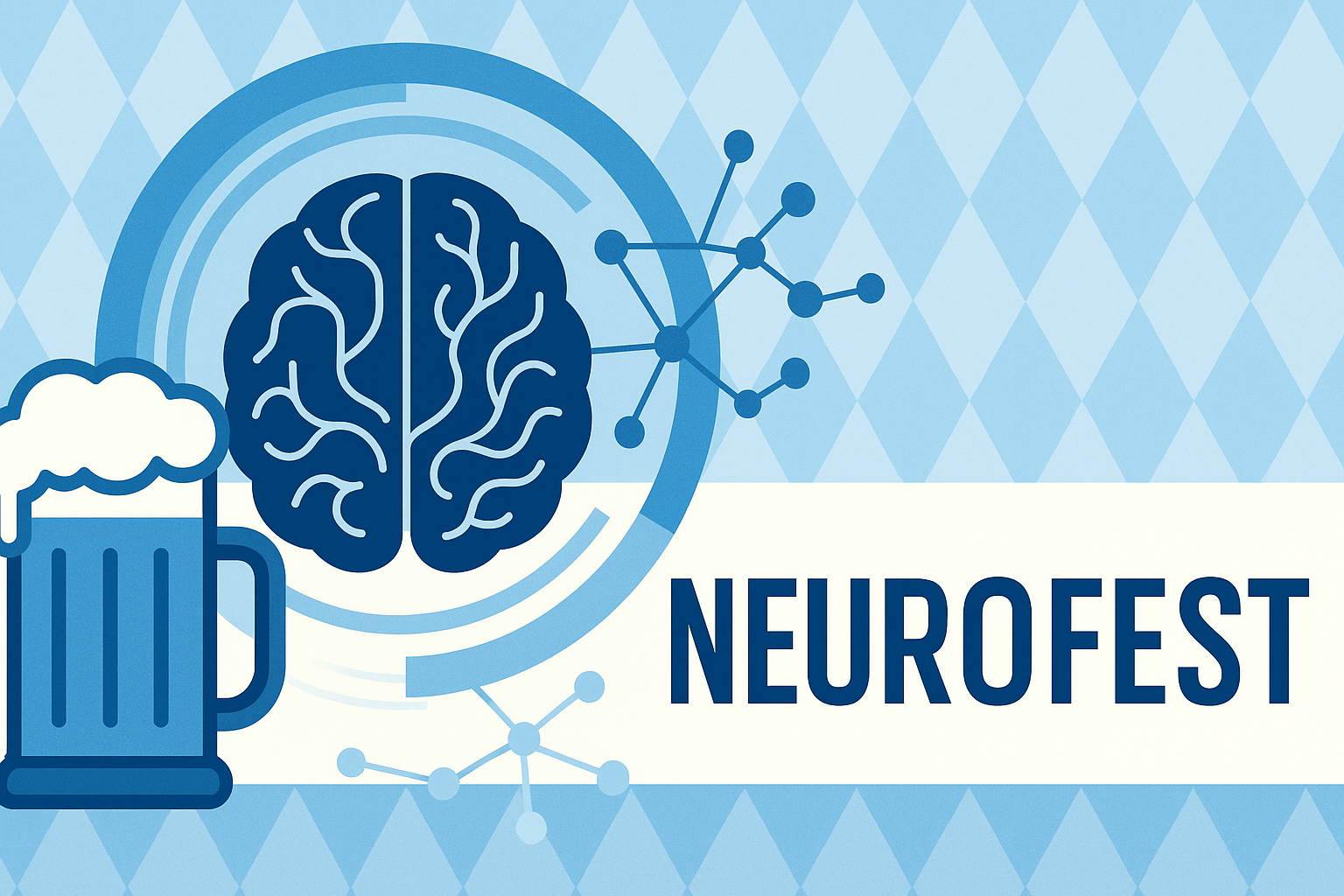
Mild traumatic brain injuries (mTBI) are among the most common injuries worldwide, particularly in young adults. A significant proportion occurs under the influence of alcohol—up to one third of all mTBI cases. Despite its prevalence, little is known about how acute alcohol intoxication alters the brain’s response to concussion. Most prior research has focused on severe TBI or chronic alcohol misuse, leaving a gap in understanding the acute effects of alcoholised mTBI. Preclinical studies offer mixed results: alcohol may have both neuroprotective and damaging effects depending on dose, age, sex, and timing. This study aims to explore these acute effects in real-life settings using advanced brain imaging methods.
Aims & Benefits of the study
This study aims to understand whether and how concussions sustained under alcohol intoxication differ in their impact on the brain compared to those without alcohol. Using magnetic resonance imaging (MRI) and standardized assessments, we examine structural, functional, and metabolic brain changes shortly after injury. The results may help improve emergency care and long-term management of alcohol-related brain injuries. All data are anonymized and used strictly for scientific purposes. Participants will receive compensation for their time and effort. By joining the study, you contribute to vital research on alcohol and head injury risk.
Study Population
Patients with a mild Traumatic Brain Injury (mTBI):
- Age between 18 and 60 Years
- mTBI during alcohol intoxication
- reachable within 72 hours of the injury
Control Participants:
People of a similar age and sex - and similar alcohol consumption - who did not sustain a traumatic brain injury
Exclusion Criteria:
History of moderate to severe TBIs (for controls: TBI history of any severity)
Neurological (e.g., epilepsy) or other serious medical conditions
MRI Contraindications (e.g., metal in the body)
What does a study day look like?
After a brief telephone screening, a lab appointment will be scheduled within 1–3 days of the accident.
This appointment includes:
- Medical history interview: Questions will be asked about any pre-existing medical conditions and medication use. Patients with a concussion will also receive detailed questions about the accident and the associated symptoms.
- Mental health assessment: Using various questionnaires, you will be asked to answer questions about drug use, mental health issues, quality of life, etc.
- Magnetic resonance imaging (MRI): This examination takes pictures of your brain. You will need to lie still for approximately 45-60 minutes. The MRI does not use X-rays.
- Optional Blood Draw: Optionally, a small quantity of blood can be taken from the crook of your elbow.
- Consent for the transfer of clinical data: You also consent that the emergency room may transmit acute data about your injury (diagnosis, circumstances of the accident, blood alcohol concentration) to the study team.
After six months, an online follow-up survey will be conducted to assess possible long-term effects.
Study Site
Department of Child and Adolescent Psychiatry, Psychosomatics, and Psychotherapy
Clinic of the Ludwig-Maximilians-University Munich
St. Vinzenz-Haus, Nußbaumstr. 5, 80336 Munich
Neuro-Imaging-Core-Unit-Munich (NICUM)
Nußbaumstr. 7, 80336 Munich
